A New York woman was surprised to find that the ingredients in her Pistachio ice cream were not what she expected. Outraged, she has now launched a lawsuit against the ice cream chain.
Now, a federal judge has given the Long Islander’s class action suit the go-ahead. How the court rules could have major consequences for a beloved summertime confection.
What Was In The Pistachio Ice Cream?
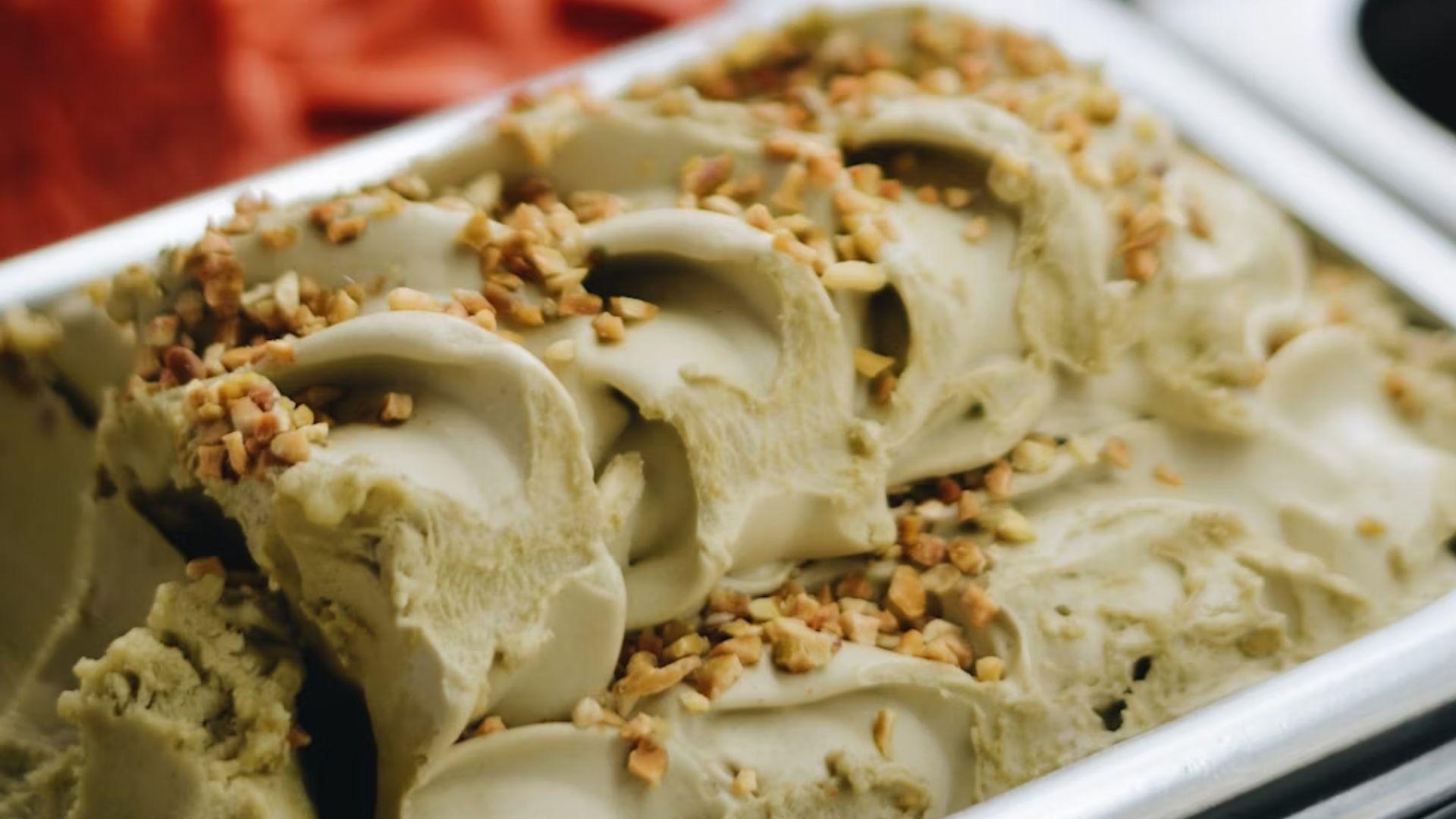
The pistachio ice cream that Jenna Marie Duncan ordered contained flavoring that was made from a mixture of water, Propylene Glycol, Ethanol, Yellow 5 and Blue 1 dye.
What surprised Duncan more than what the ice cream contained, was what it didn’t. Despite being labeled as pistachio ice cream, the sweet treat didn’t include any pistachios.
Who Is Responsible For The Non-Pistachio Pistachio Ice Cream?
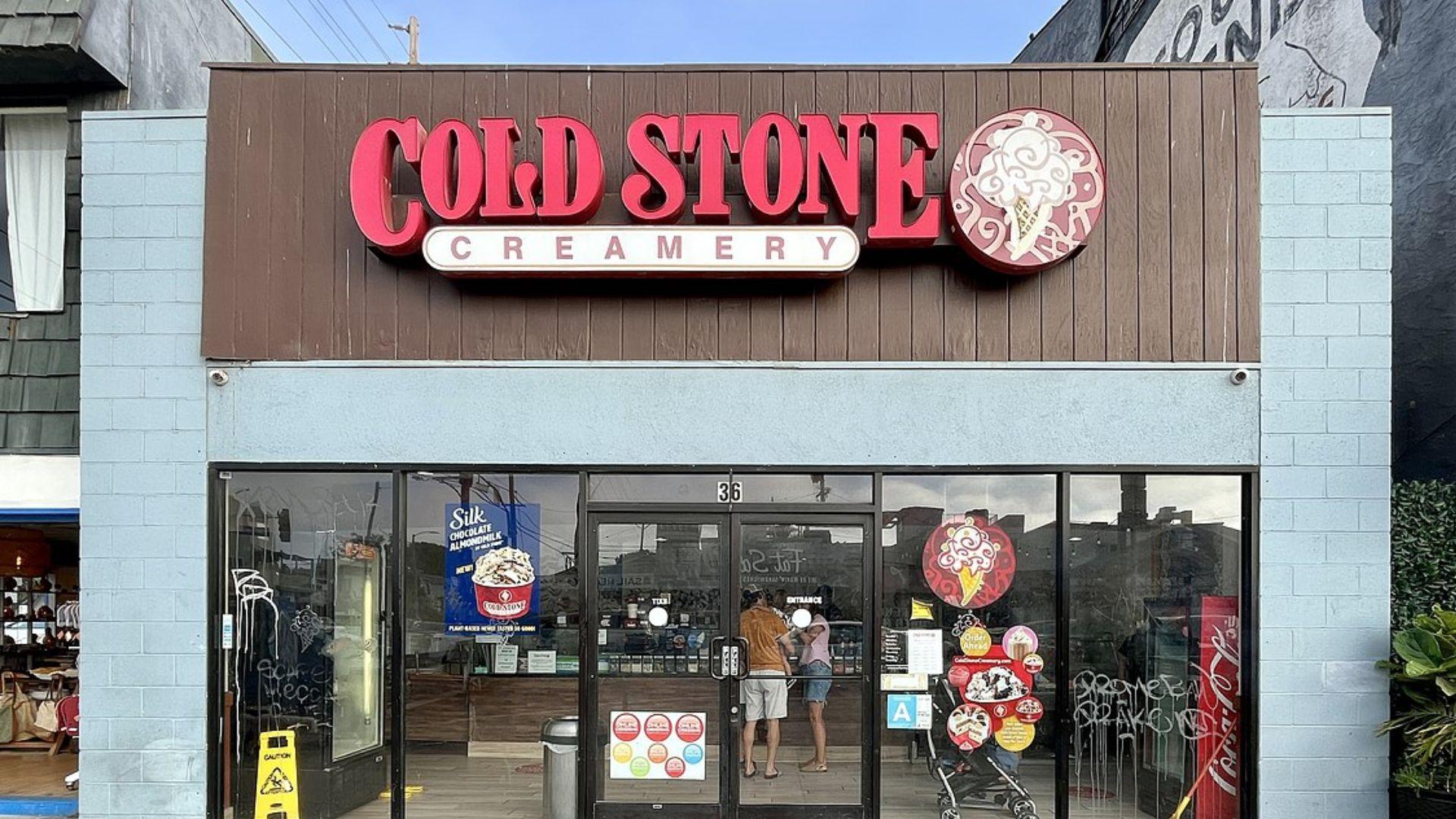
In 2022, lead plaintiff Jenna Marie Duncan ordered the fateful serving of pistachio ice cream from a Cold Stone Creamery store in Levittown, New York.
Cold Stone Creamery is a chain of ice cream parlors that was founded 36 years ago in 1988. Headquartered in Arizona, the chain’s ice cream has become a worldwide favorite; serving countries across North America, Europe, Africa, and more.
What Is The Legal Basis For The Plaintiff’s Claim?

Duncan and her team are arguing that customers are being duped because some ice creams “do not contain their represented ingredients”. According to Duncan’s lawsuit, she “reasonably believed that the Pistachio ice cream she purchased from the defendant contained pistachio.”
“When consumers purchase pistachio ice cream, they expect pistachios, not a concoction of processed ingredients,” Duncan’s lawsuit argues. She also criticizes Cold Stone’s choice of ingredients for its coconut, mango, mint, and orange ice creams.
Ice Cream Lawsuit Prompts Swift Response
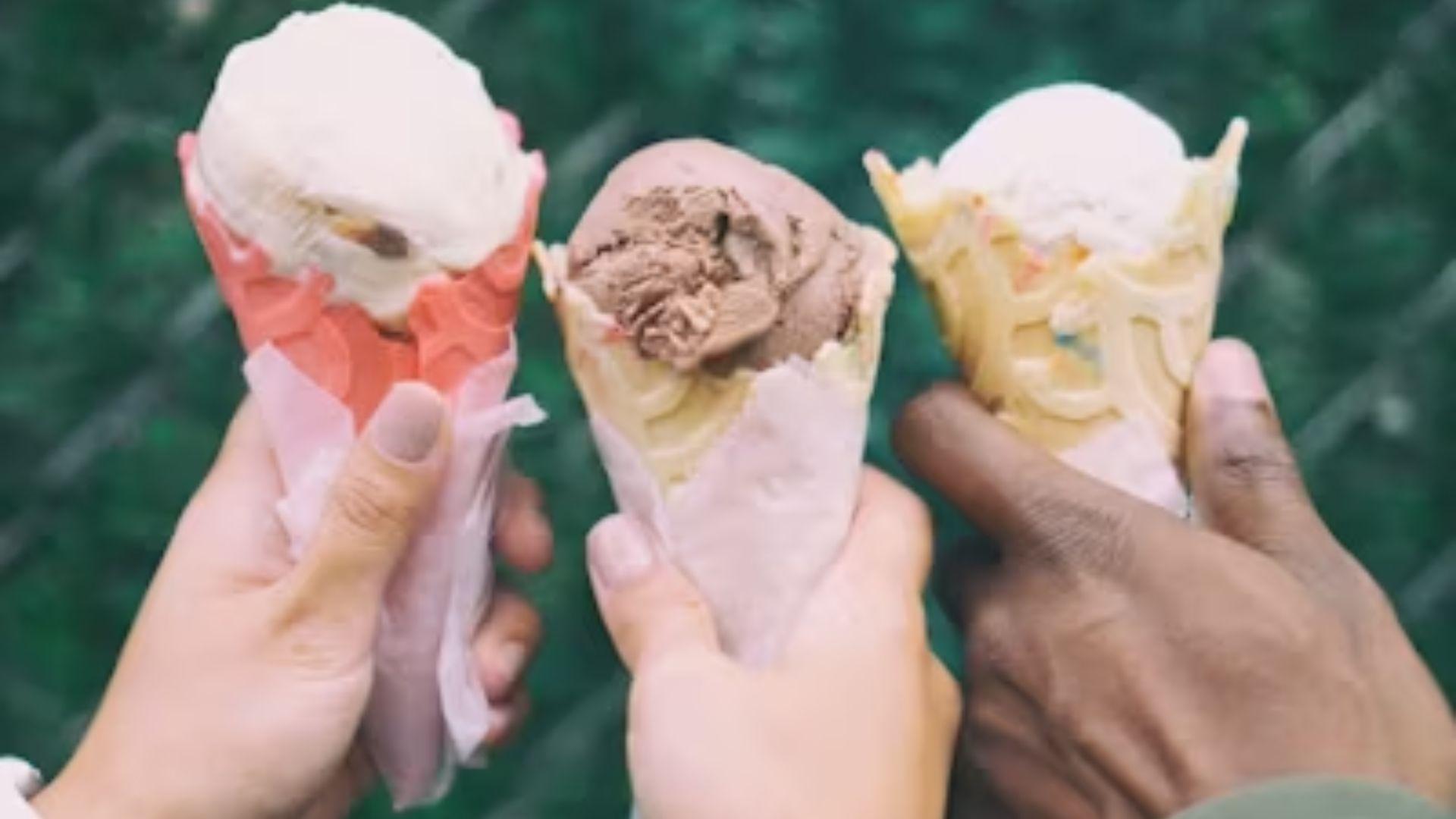
Lawyers for the parent franchisor of Cold Stone stores have attempted to get Duncan’s case dismissed. They say, “consumers are able to see for themselves there are no ‘chunks’ of what appear to be any specific ingredients in the ice cream that would indicate a particular ice cream contains a certain ingredient.”
However, U.S. District Judge Gary R. Brown has allowed the case to proceed. He said the case “raises a deceptively complex question about the reasonable expectations of the plaintiff and like-minded ice cream aficionados.”
Lawsuit Could Have Wider Impact For Food Industry
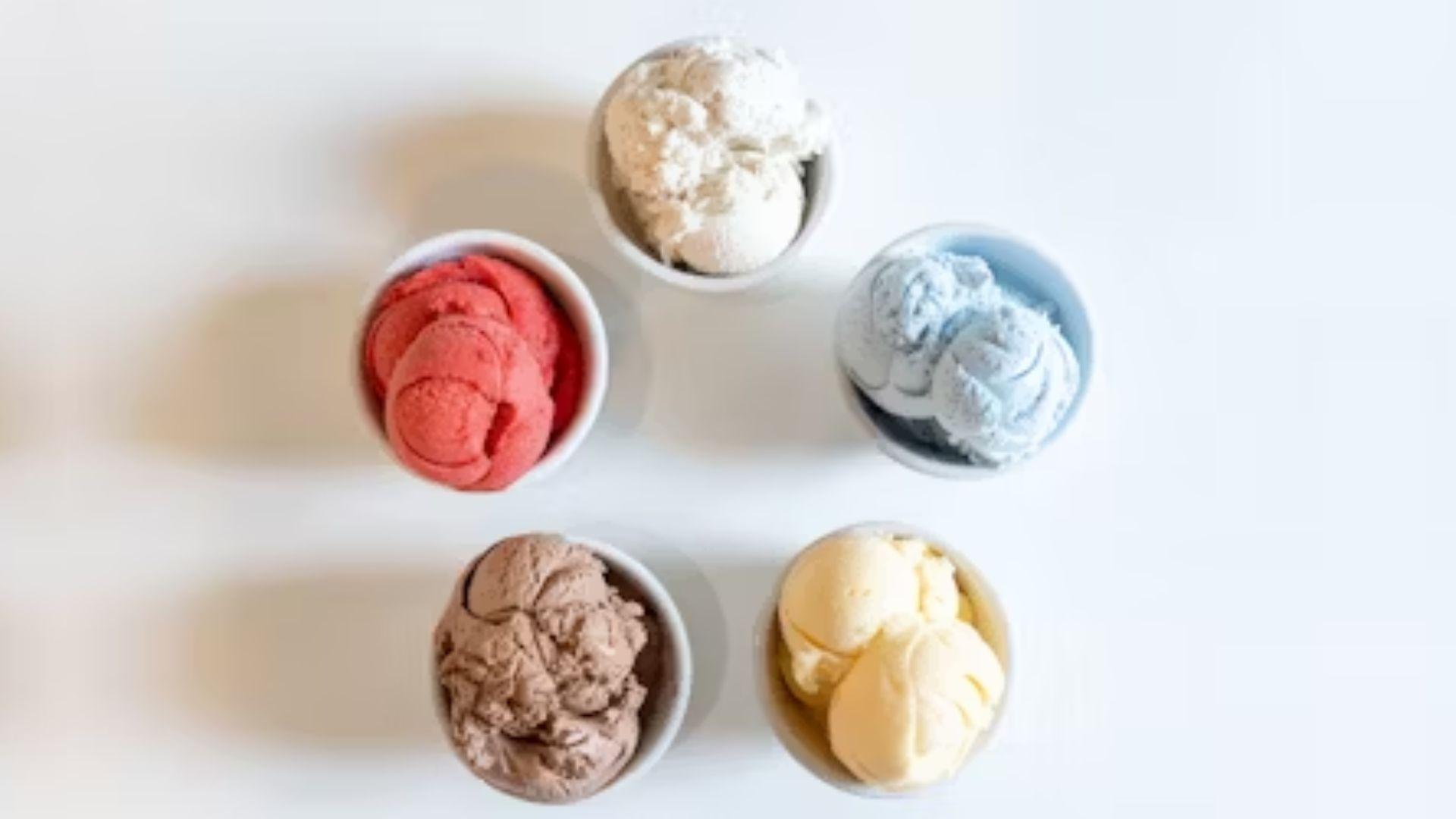
If Duncan’s case goes to trial, and if she eventually wins, it could have a knock-on impact on other businesses in the food and drink sector. A victory for Duncan could mean other companies being more honest in how they label their products.
A victory for Cold Stone, however, could give rise to more companies deceptively advertising their products. Regardless, what is clear is that leaders in the food and drink industry will be closely watching where this case goes next.
The Judge Comments

Judge Gary R. Brown has allowed the case to move forward, although he’s been careful not to take sides. It’s still unclear if the case will make it all the way to trial.
In his ruling, Judge Brown took a tongue-in-cheek tone – referencing lyrics from Weird Al Yankovic’s “I Love Rocky Road” and Louis Prima’s “Banana Split for My Baby”.
The One Question That Will Decide The Case

Judge Gary R. Brown admitted that Duncan’s case “raises a deceptively complex question”. Essentially, that question is whether or not foods should have to contain the ingredient(s) they are named after.
On the surface, the answer to this question may seem like a simple yes. However, close examination of this case – and the precedent it could set – reveal otherwise.
An “Etymological Analysis”
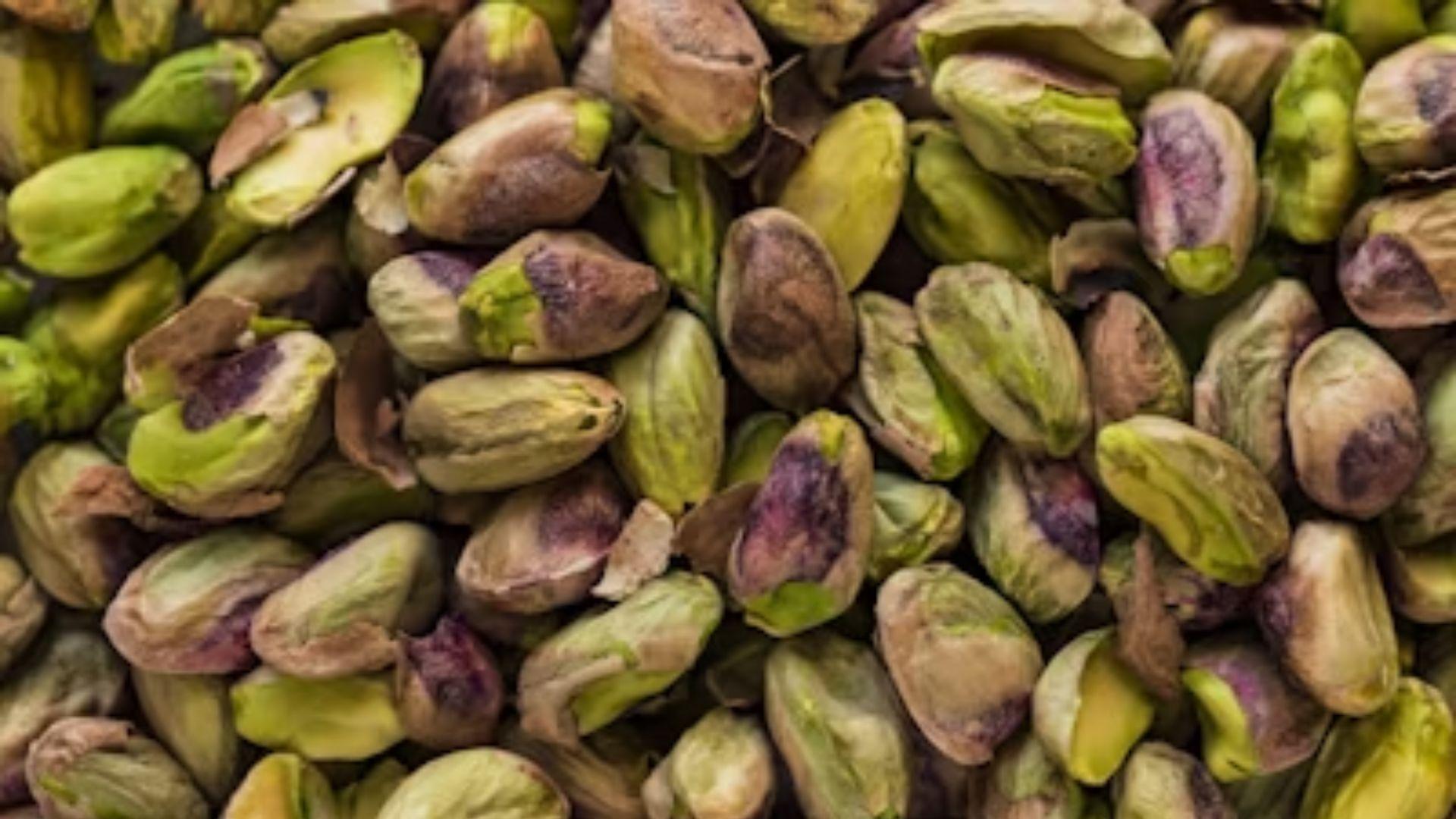
In his ruling, Judge Brown says that previous disputes like that of Ms. Duncan have led to “etymological analysis” over whether a word (such as vanilla or strawberry) is being used as a noun or adjective.
If, in this case, ‘pistachio’ was being used as a noun, it would seem to be suggesting that pistachio was an actual ingredient contained in the ice cream. But if it is being used as an adjective, that could simply be referring to the overall flavor and taste.
A Long History of Lawsuits

To examine how likely Duncan’s lawsuit is to succeed, it’s worth looking at previous cases alleging deception over flavoring. One might be surprised to realize quite how many such cases there are.
In recent years, there have been numerous cases regarding “vanilla” labeled products that do not contain any ingredients that came from vanilla beans. Such cases – directed at everyone from the makers of Dove ice cream bars to Whole Foods – have mostly been dismissed and rejected. Time will tell whether Duncan’s pistachio lawsuit fares differently.

